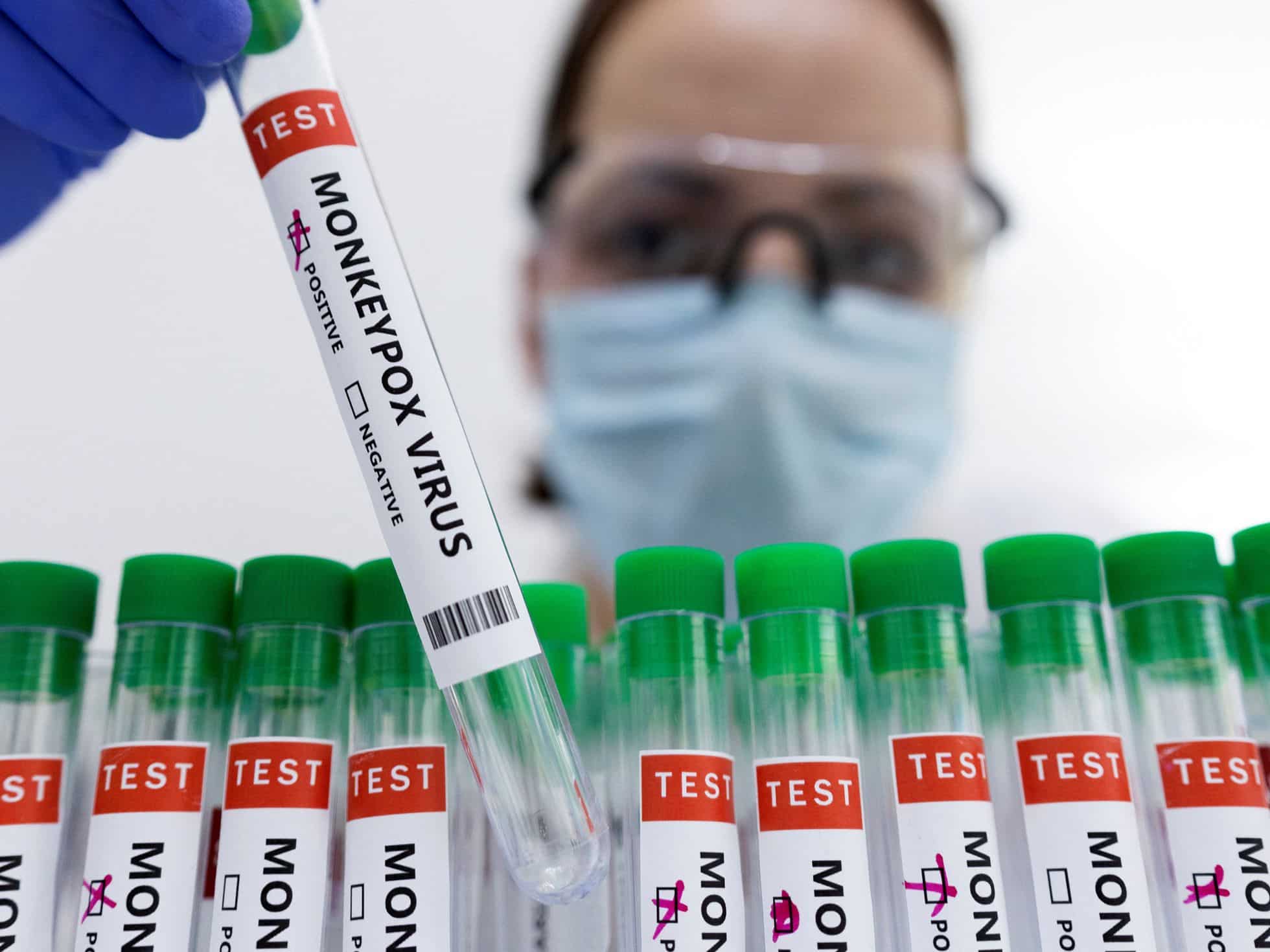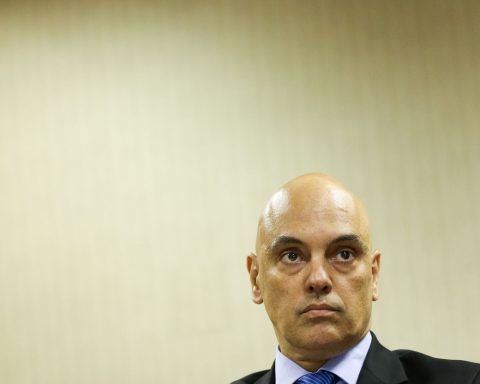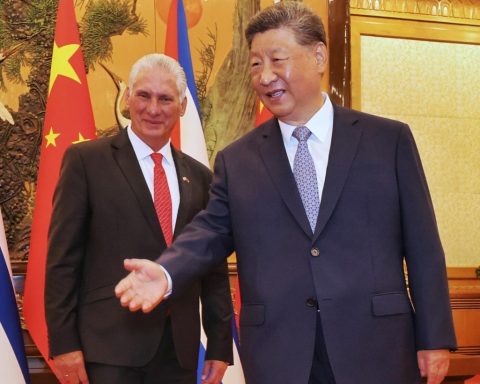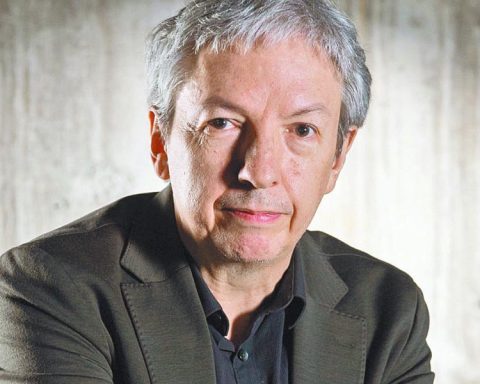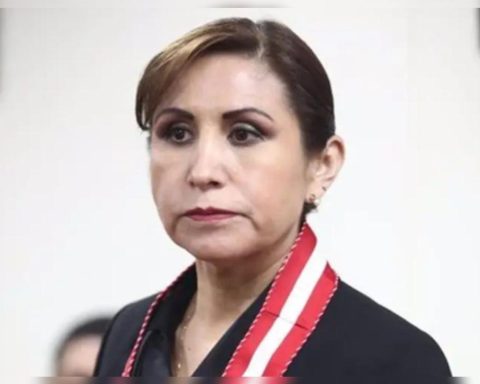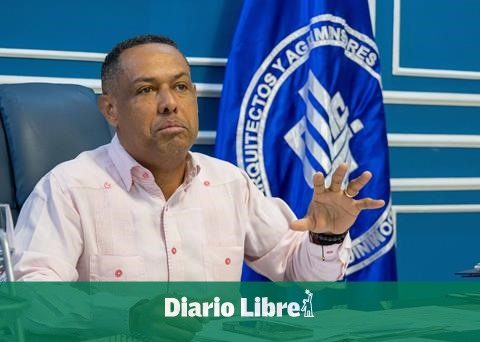The Pan American Health Organization (PAHO) clarified this Wednesday that mass vaccination against monkeypox or monkeypox virus is not recommended and they rule out that this will happen in the future as it happened with the covid-19 pandemic.
“There is no recommendation for mass vaccination of the general population, at this time, the risk of the general population, in fact, is very low and therefore is not recommending general vaccination at all and it also seems unlikely to me that we will ever require it in that sense,” said Andrea Vicari, head of PAHO’s Infectious Threat Management Unit.
The expert noted that there are other control measures that will make it possible to interrupt the transmission of monkeypox. And in the case of applying vaccines, these are recommended to people who had contact with someone who was confirmed infected or to health personnel who are exposed.
“If someone comes into contact or knows they are in contact with someone who already has the disease, it would be about vaccination. precisely from contacts, including domestic, sexual or other types of contacts such as health workers, who may have had a breach of protection measures, in particular the use of personal protective equipment, “says the doctor, as well as Health personnel working in laboratories.
Monkeypox vaccines are not widely recommended because their levels of efficacy and effectiveness are limited.. However, they point out that on behalf of the PAHO Revolving Fund, conversations have already been held with the ministries of Health in the region to find out about their interest in acquiring them for the vulnerable population.
“The director of PAHO, two weeks ago, met with all the health ministers of the region, where they were presented with everything related to access to this vaccine, they were presented with the technical, regulatory, legal, and programmatic aspects, because it is not about having the vaccine immediately, certain parameters and risks must be established,” explained Marcos Espinal, interim deputy director of PAHO.
Dr. Espinoza announced that Ten countries in the region have already confirmed their interest in purchasing the monkeypox vaccine and it is expected to be available this year through the Revolving Fund. The Government of Nicaragua has not informed the population if it is interested in this vaccine.
Monkeypox vaccine is different from original smallpox
There are three types of vaccines to treat smallpox, the first generation was used to combat the original smallpox, which was declared eradicated on May 8, 1980, but there is no evidence to show protection against this other type. Then another vaccine known as the second generation was created, but this is not recommended because it has strong side effects against people with depressed immunity and also the application techniques are complicated, says PAHO.
“The most recommended vaccine is the third generation, which is already approved by several regulatory agencies and we are in advanced negotiations with the producer on behalf of our countries through our Revolving Fund”, said the interim deputy director.
He also explained that PAHO will accompany the decision of any country in the region that decides to implement vaccination, providing them with the pertinent recommendationss and running programs to track any side effects that may occur.
Monkey pox predominates in the LGTBQ+ community
PAHO noted that, until July 26, 2022, 5,284 cases of monkeypox have been reported in 18 countries of the Americas, mainly in the United States, Canada, Brazil and Peru. These have been identified in up to 99% of people from the LGTBIQ+ community.
“Nearly all cases continue to be reported among men who have sex with men, between the ages of 25 and 45, however, we must be clear that anyone, regardless of their gender or sexual orientation, can contract monkeypox,” said PAHO Deputy Director Mary Luz Valdés.
Given this, he noted that They are working together with civil society and communities of sexual diversity to raise awareness about the risks of monkeypox. Valdés also warns countries about the potential for homophobic stigma and discrimination that could hinder the public health response, as occurred with HIV.
Although monkeypox is not a sexually transmitted disease, Doctors have observed that direct contact through sexual relations with infected people has predominated in this outbreak. This has also been influenced in the development of symptoms.
“Unlike those symptoms of the classical clinical description, seen first: skin lesions, this is a rash that can be pimple-like, blister-like on the face, inside the mouth, in another part of the body such as: the hands, the feet, the chest, the genitals and the anus. Then it is possible to observe general symptoms such as fever, swollen lymph nodes, headache and muscle pain, “explains Dr. Vicari.
For its part, Dr. Ciro Ugarte, director of PAHO Health Emergencies, points out that countries must work on the early diagnosis of cases, train health personnel so that they can recognize and rule out other viruses similar to monkeypox.
“We are still in time to stop the transmission and that this does not have a behavior that affects the economy and our society”, says Dr. Ugarte.
